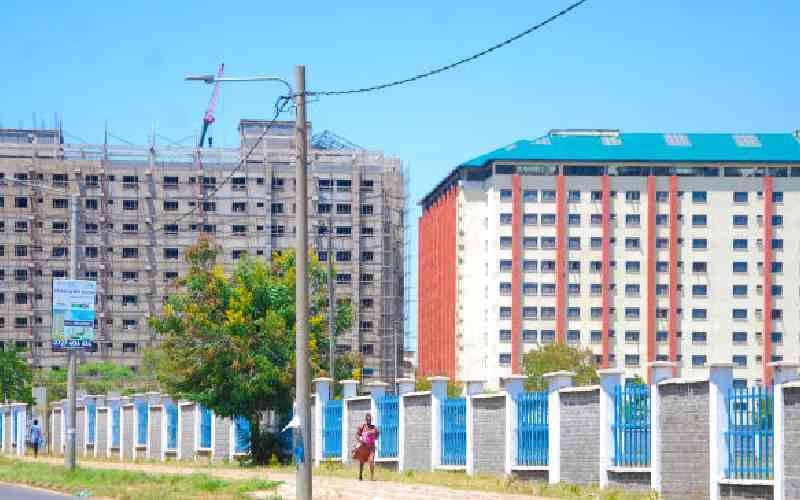×
The Standard e-Paper
Smart Minds Choose Us

During the Finance Bill 2024 protests that shook the country in June and July, young men and women bravely faced police brutality, displaying a defiance that ignited both passion and rage.
It was a pivotal moment for the youth, who flooded the streets of major towns to denounce the government's plans to increase taxes.







